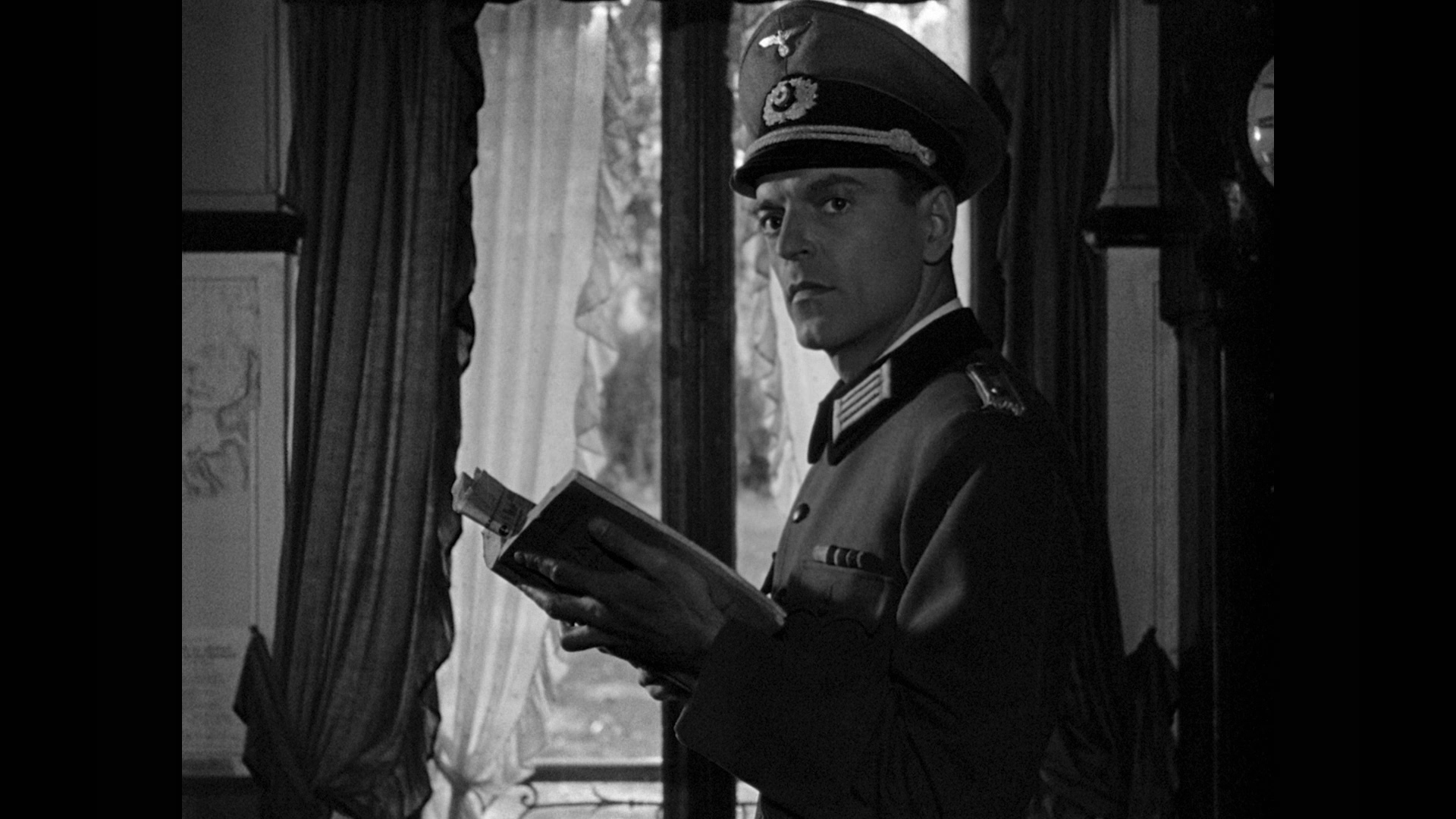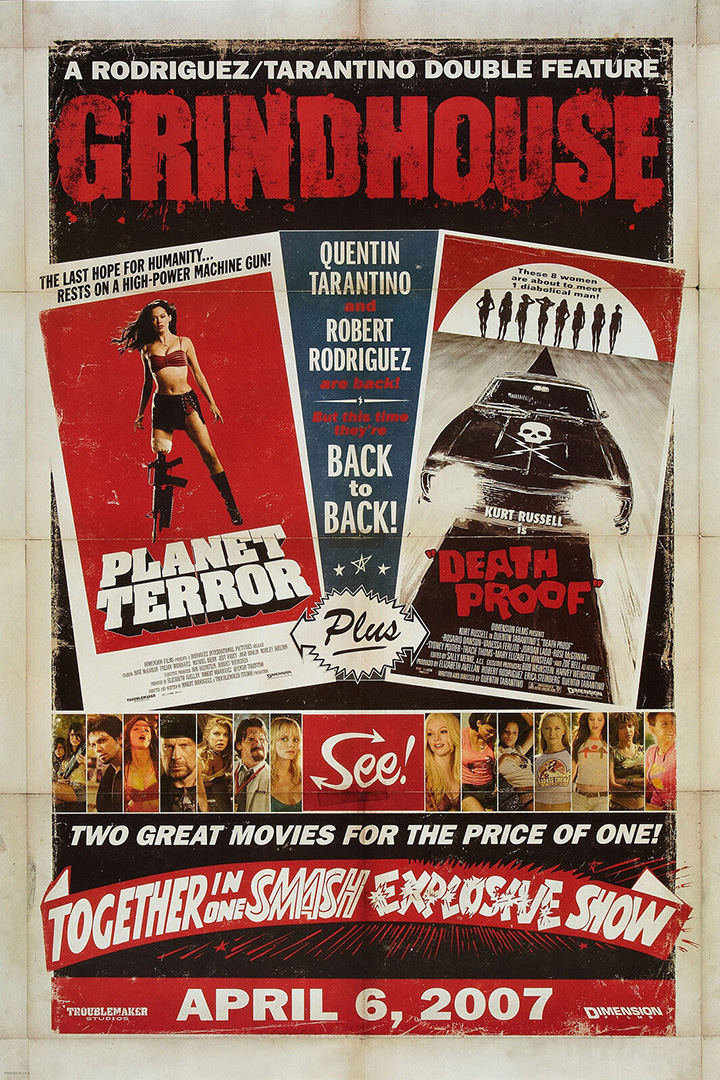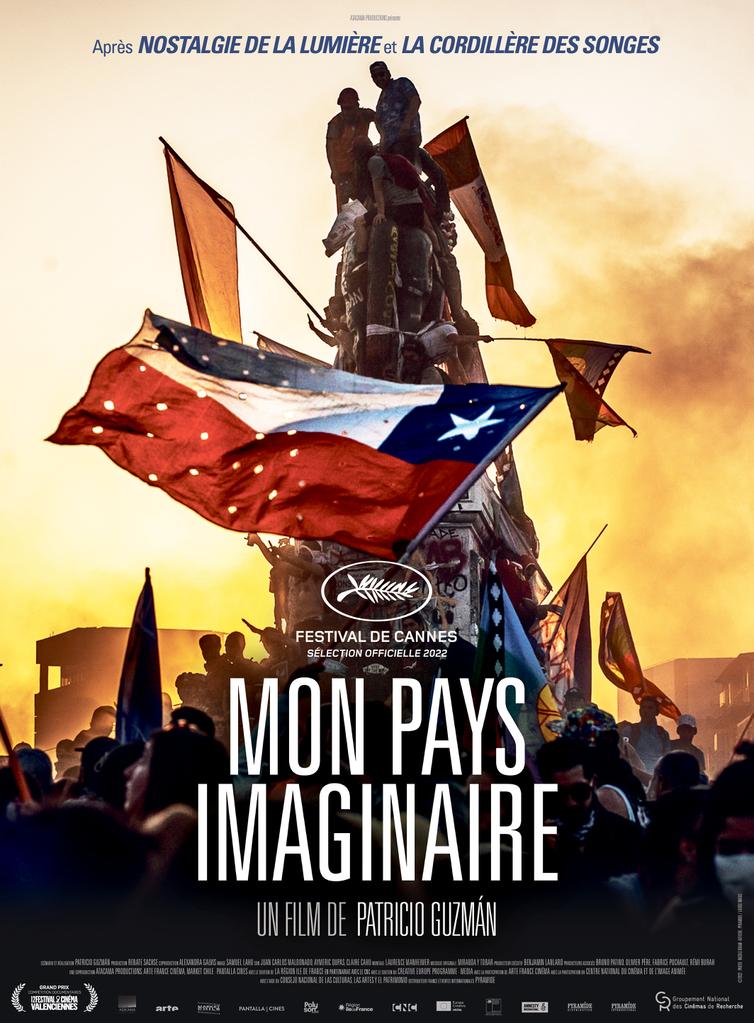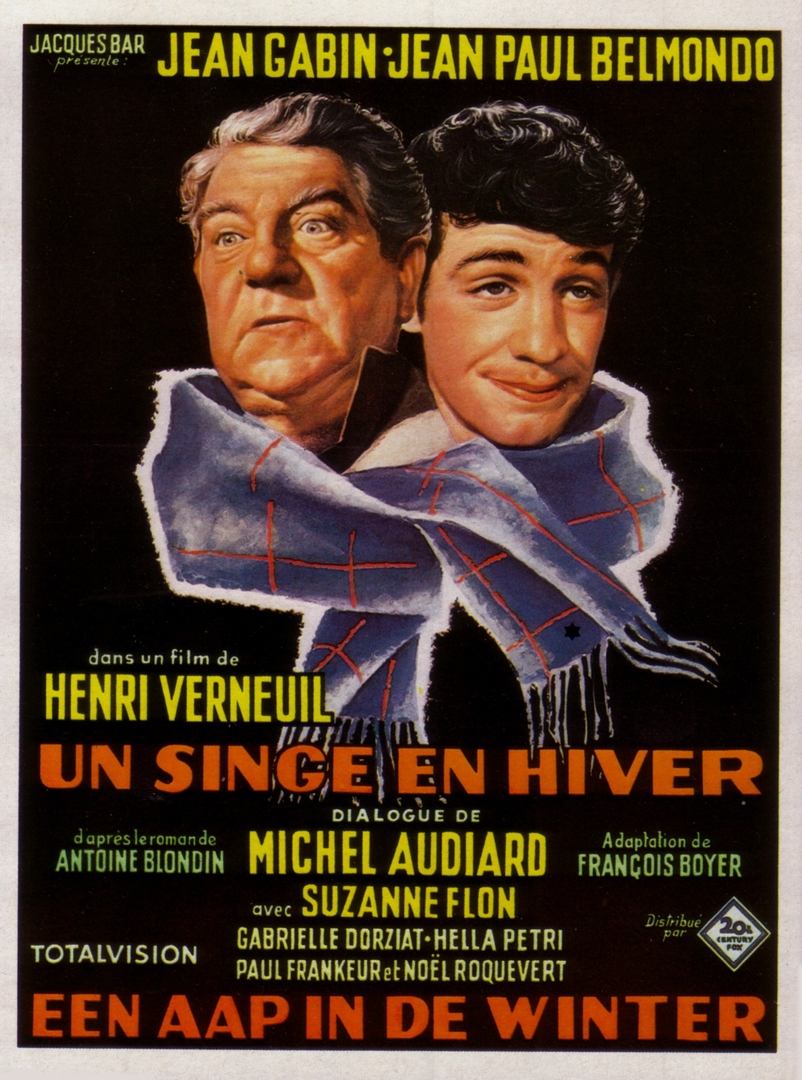Le silence de la mer + 24 Hours in the Life of a Clown
From the immediate post-war period to the early 1970s, Jean-Pierre Melville built a body of work whose coherence and formal inventiveness ended up engendering their own epithet in film circles: "melvillien". Cerebral, refined, independent, Melville's cinema features solitary men in a dark world, as uncompromising in their codes as their creator was, and interpreted by some of the biggest stars of the time: Jean-Paul Belmondo , Lino Ventura, Alain Delon... From The Silence of the Sea, considered a precursor film of the Nouvelle-Vague, to the reinvention of genre cinema in Le samouraï or Le cercle rouge, this program allows us to revisit the major milestones in a filmography whose influence is still felt today.
Aday in the life of Beby the clown and his partner Maïs, who find their inspiration and gags in the streets, which they then perform at night in the circus.
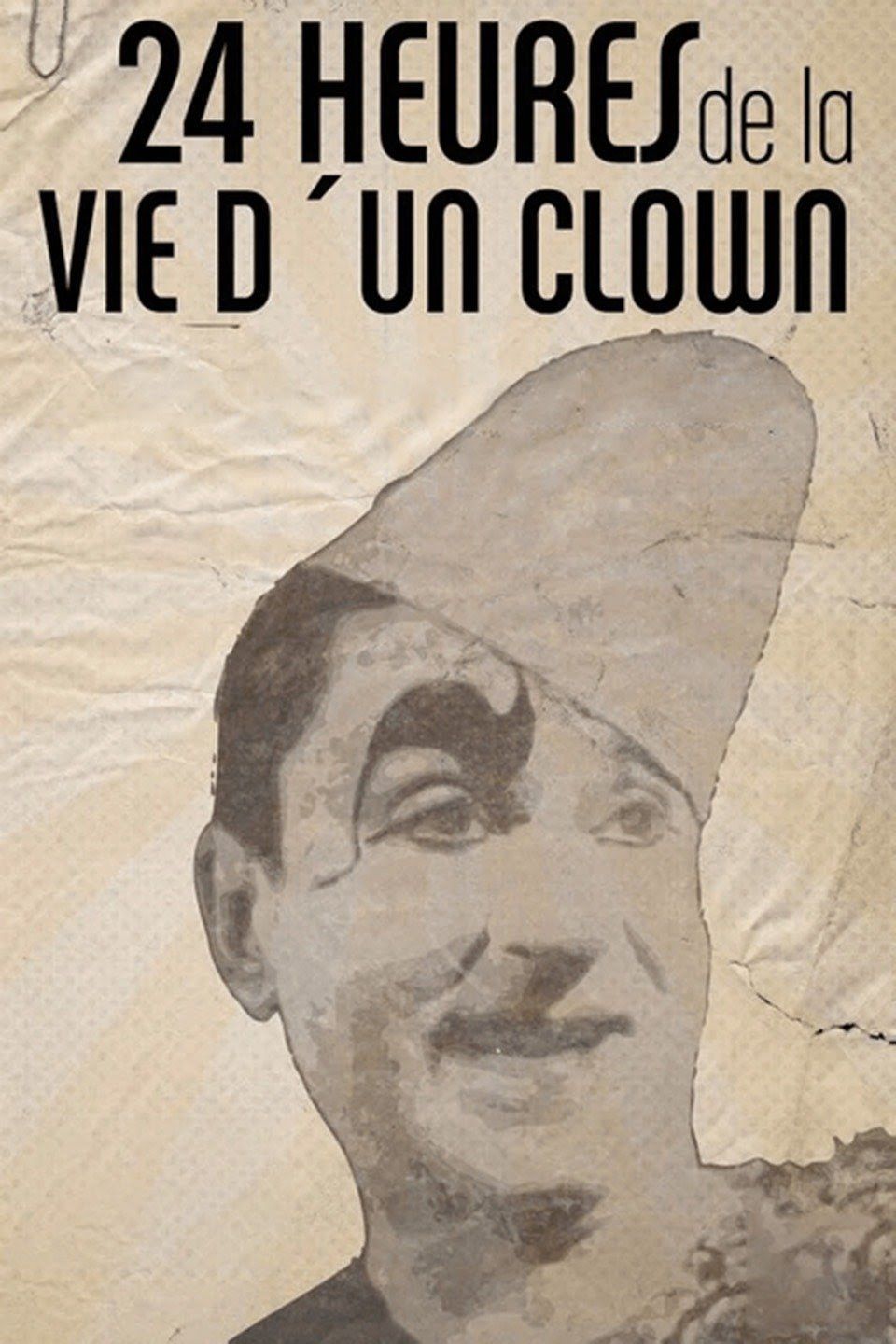
In a small town in occupied France in 1941, the German officer, Werner Von Ebrennac is billeted in the house of the uncle and his niece. The uncle and niece refuse to speak to him, but each evening the officer warms himself by the fire and talks of his country, his music, and his idealistic views of the relationship between France and Germany. That is, until he visits Paris and discovers what is really going on...
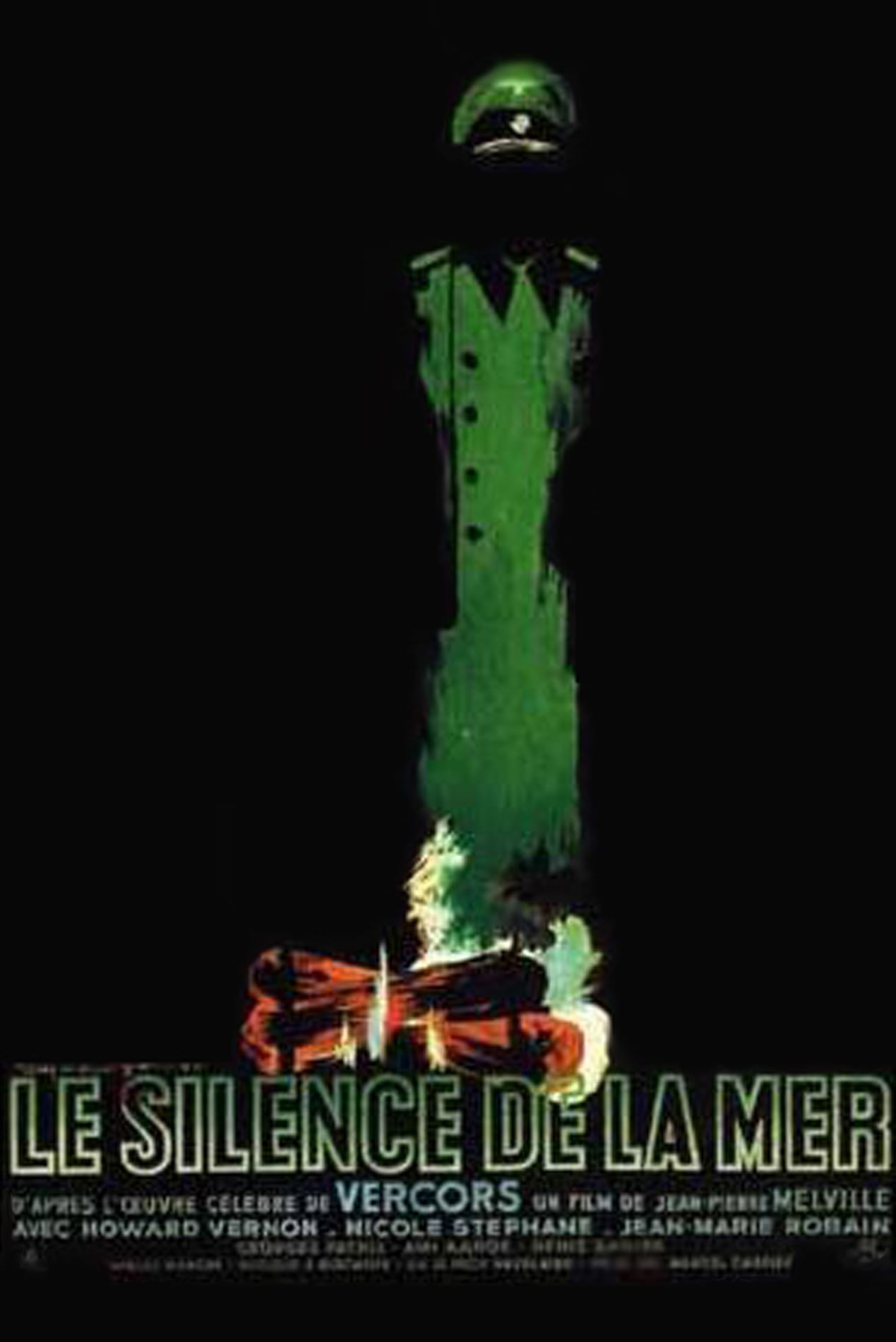
Jean-Pierre Melville
Born Jean-Pierre Grumbach in a family of merchants in Paris in 1917, Melville fell into cinema from his earliest childhood: he was only six years old when his parents gave him a Pathé-Baby camera. During the 1930s, he developed a bulimic cinephilia, became passionate about American cinema and affirmed his vocation. The Second World War, which he spent in the Resistance, was a decisive experience. When he joined Free France in London in 1942 he took the name of one of his bedside writers, Herman Melville, as his pseudonym. When the war was over, he self-produced on a shoestring his first films, Twenty-four hours in the life of a clown and The silence of the sea. Very attached to his independence as a creator, Melville founded the Jenner studios in 1955, which produced most of his work. He enjoyed his greatest public success with his penultimate film, Le Cercle Rouge.
(photo : Unifrance)
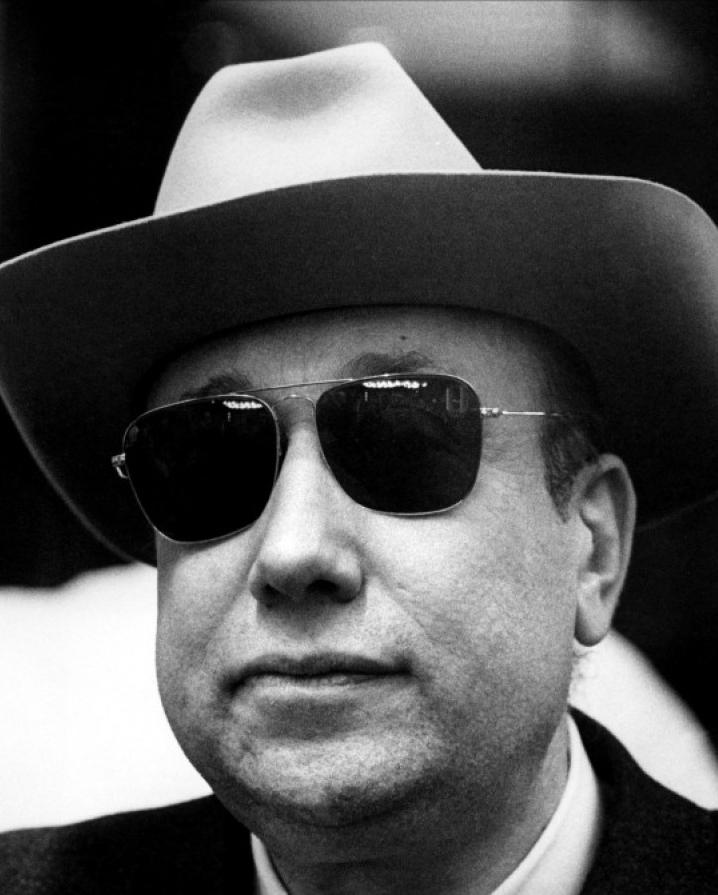
Explore
Sur notre blogue
Lino Ventura, Jean-Paul Belmondo, Alain Delon, Yves Montand… Jean-Pierre Melville a offert aux plus grandes stars de son époque certains de leurs plus beaux rôles. Qu’est-ce qui fait l’essence de ces films d’hommes qui ont engendré leur propre épithète, melvillien, et n’ont surtout jamais perdu de leur pouvoir de fascination?
